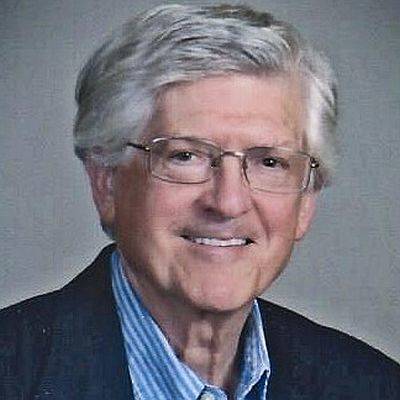Shakespeare was not the author of his own plays. A Jewish Antichrist would appear to dominate the world. Moses was really Akhenaton. Millions believed the earth was flat long after a spherical earth was proven more than 2,000 years ago. Throughout history, it sometimes appeared that nothing yielded easily to facts.
When al-Qaeda terrorists took down the World Trade Center on Sept. 11, 2001, “9/11 Trutherism” appeared the following day. It still has adherents that believe the U.S. government either planned the attack or was complicit in it. I had a friend who held an important elected position in a northwestern Ohio county who for nearly two decades doubted that Americans landed on the moon.
During the past three decades conspiracies have exploded in number; like a virus, they are cropping up in all areas of our society. Distrustful of science, many people considered the COVID-19 pandemic a hoax that would harm their body’s “natural” resistance, despite the 6.5 million dead, including more than a million in The United States. Others argued that government-recommended vaccines infringe on their human rights.
“Pizzagate,” a conspiracy theory boosted by Alex Jones and YouTube, holds that prominent members of the Democratic Party, operating out of a Washington pizzeria, are satanic pedophiles. Fellow far-right traffickers then helped to birth “QAnon,” which assured viewers that President Trump was secretly waging war against the pedophiles who someday would be arrested, perhaps even executed.
“The Oath Keepers” are a militia movement that directs anger at a federal government that is uniquely “evil” in wanting to deprive Americans of their constitutional rights. Then there is the “stolen election of 2020” – an allegation that is defended by nearly 70 percent of Republicans, despite multiple state recounts and 62 failed court cases charging election fraud.
Why such misguided beliefs? In her new book, “Off the Edge,” journalist Kelly Weill finds that conspiracies hold special appeal for many who are intrigued by unproven allegations and the darker edges of human life. Although critical of conspiracy theories, she acknowledges that they can “help us feel safe by providing an explanation for things that feel incomprehensible and beyond our control.”
Issues such as immigration, multiculturalism, east and west coast elitism and “anti-Christian” activity pose a special threat against their ideal America, one that is mostly white and supportive of strengthened ties between church and state. It has the additional benefit of providing “purpose” in the lives of some who are largely socially unaffiliated.
To the foregoing must be added the role of the internet in our lives and, in particular, social media. Everyone can communicate at any time, becoming his or her own creator, inventor, fraudster – and conspiracy theorist.
Garbage dumps develop, as with Alex Jones, a radio host shock jock that millions follow. His bloody red meat works, unless challenged for the sewage it is.
The several huge social media platforms such as YouTube employ algorithms that trace our online interests, likes and inquiries, especially those that carry sensational content. What begins as a fringe idea can become mainstream.
It’s much too easy to blame solely the calibrations of technology for our ills. The onus is on us citizens as well. Politicians who take seriously the need to change the algorithmic biases of media platforms that help determine what we see online deserve our support.
Individually, we should be skeptical of bloggers we’ve never heard of and think before forwarding sensational information. For the sake of truth and the political and social health of our society, we need to remain informed and avoid falling into information siloes that bewitch and isolate us.
Ron Lora, a native of Bluffton, is professor emeritus of history at the University of Toledo. Contact him at [email protected]. His column does not necessarily reflect the opinion of The Lima News editorial board or AIM Media, owner of the newspaper.







